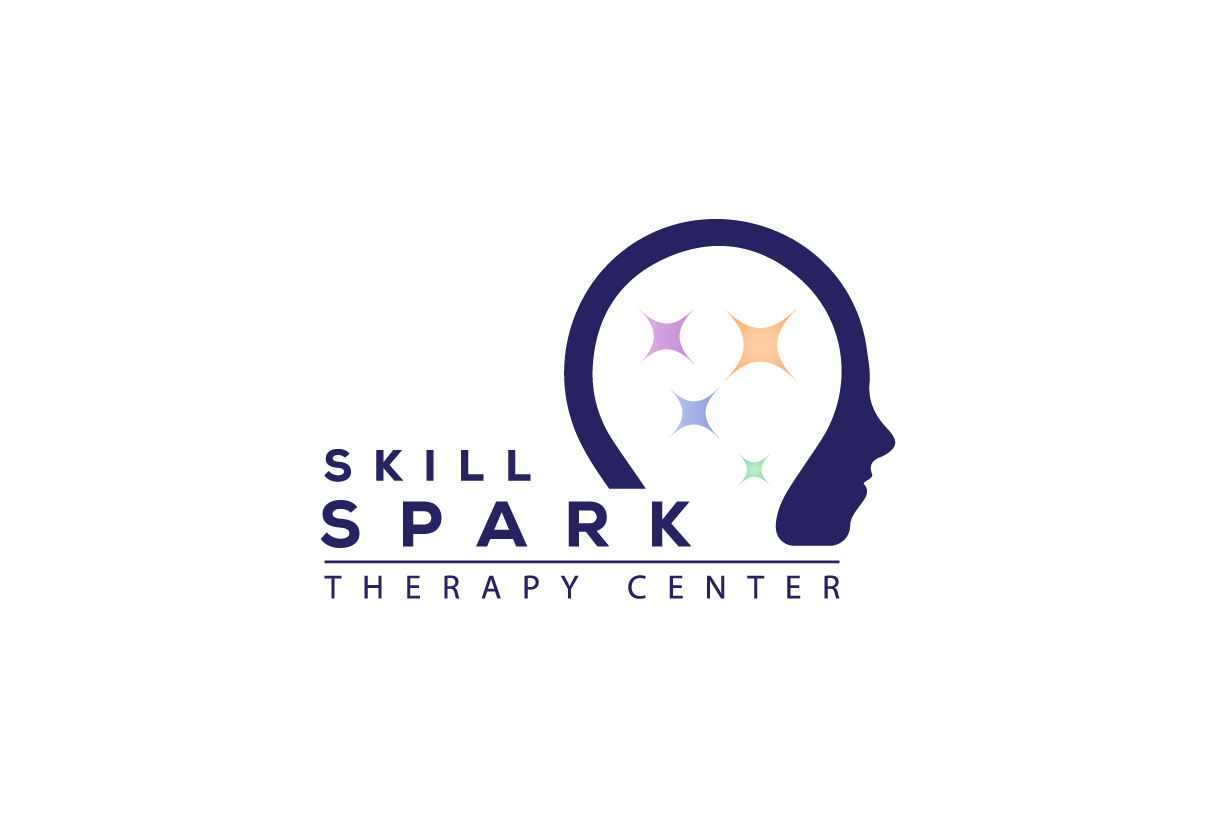Psychotherapy services play a vital role in helping individuals and families manage their mental and emotional health.
These services are essential for people who struggle with mental illness, relationship issues, past traumas, chronic stress, and addiction.
Whether you’re seeking therapy services for yourself or a loved one, you have two primary options: private payment or insurance.
While both options offer access to high-quality therapy, they vary significantly in terms of cost, flexibility, autonomy, confidentiality, and treatment duration.
This blog post aims to explore the differences between private payment for psychotherapy services and using an insurance plan to pay for services.
Private Payment for Psychotherapy Services
Private payment means paying mental health providers directly for their services without involving insurance companies.
In this case, the patient is entirely responsible for the cost of therapy services. The cost varies depending on the therapist, the type of therapy, and the location.
Typically, private payment requires upfront payment or reimbursement after each session.
Pros of Private Payment
More Flexibility
One of the most significant advantages of private payment is that it offers more flexibility than using insurance.
Patients have the freedom to choose their preferred psychotherapist, frequency of sessions, and type of therapy that works best for them.
Clients have greater choice and access to clinicians with more specialized training or more experience in practice.
They can seek therapy for any reason they’d like without needing to follow rules set forth in their insurance plans.
Higher Confidentiality
Another benefit of private payment is higher confidentiality. Some individuals prefer to avoid involving a third party because they wish to keep mental health treatment private.
Since there is no need for filing insurance claims or disclosing personal information to insurance agents, patient information remains confidential between the therapist and the patient.
This aspect creates a safe space where patients can open up about their struggles, fears, and traumas without the fear of judgment or stigma.
Shorter Waiting Times
With private payment, patients can access therapy services faster than using insurance. Since there is no need for pre-approval or claim verification, patients can schedule appointments immediately and start their treatment plan sooner.
This aspect is particularly crucial for people facing urgent mental health issues that require immediate attention.
Cons of Private Payment
Higher Cost
The biggest drawback of private payment is the higher cost of therapy services. Since patients are entirely responsible for paying for each session, the cost can accumulate fast, making therapy inaccessible to people with limited financial resources.
However, some therapists offer sliding scales, where fees are adjusted based on the patient’s income. Other times, clients may have additional benefits available such as a Health Savings Account (HSA) to pay for services.
Limited Insurance Coverage
Private payment does not involve insurance providers, meaning patients cannot use their insurance coverage for therapy services.
While this may not be a big deal for people with no insurance, it can be challenging for those who have insurance but their preferred therapist, who is out of network.
Using an Insurance Plan to Pay for Psychotherapy
Using an insurance plan to pay for therapy services means accessing mental health services through a health insurance provider.
In this case, patients typically pay a copay, and the insurance company covers the remaining cost of the session.
Pros of Using Insurance
Lower Cost (often, but not always)
The most significant advantage of using insurance to pay for mental health services is lower cost if your plan includes access to therapy services.
Health insurance companies negotiate with mental health providers to set lower fees, making therapy accessible to people with limited financial resources.
It is important to understand the benefits of the insurance plan including deductibles, copayments, and co-insurance.
Access to Directory Listings of Providers
Using an insurance plan provides patients with access to a directory of providers they have negotiated contracts with.
Patients can choose a therapist that works best for them while enjoying affordable rates.
Cons of Using Insurance
Limited Flexibility
One of the downsides of using insurance to pay for mental health services is limited flexibility. Insurance providers may dictate the number of sessions and types of therapy that are covered under the policy.
This means that patients may have to choose a treatment plan approved by the insurance provider, limiting autonomy and control over the treatment process.
Reduced Confidentiality
Insurance providers require patients to provide personal information related to mental health conditions to verify coverage.
The insurance provider reviews this information, which can compromise a patient’s confidentiality.
Additionally, insurance providers often ask for additional personal information, such as diagnosis and treatment notes, which could expose patients to potential stigma and discrimination.
Longer Wait Times
Often the way mental health systems afford to accept the lower rates insurance offers, is to control costs related to care.
Conclusion
In conclusion, both private payment and using insurance to pay for mental health services have their pros and cons. The decision on which option to use depends on an individual’s financial situation, treatment needs, and personal preferences.
While private payment offers more flexibility and confidentiality, it is generally more expensive, limiting access to people with limited financial resources. On the other hand, using insurance offers lower costs but reduced flexibility and confidentiality.
t’s essential to research thoroughly and consult with mental health providers, insurance providers, and financial advisors to make informed decisions. Ultimately, seeking mental health services is essential for personal growth, healing, and emotional well-being, and finding the right payment option should not be a barrier.


Recent Comments